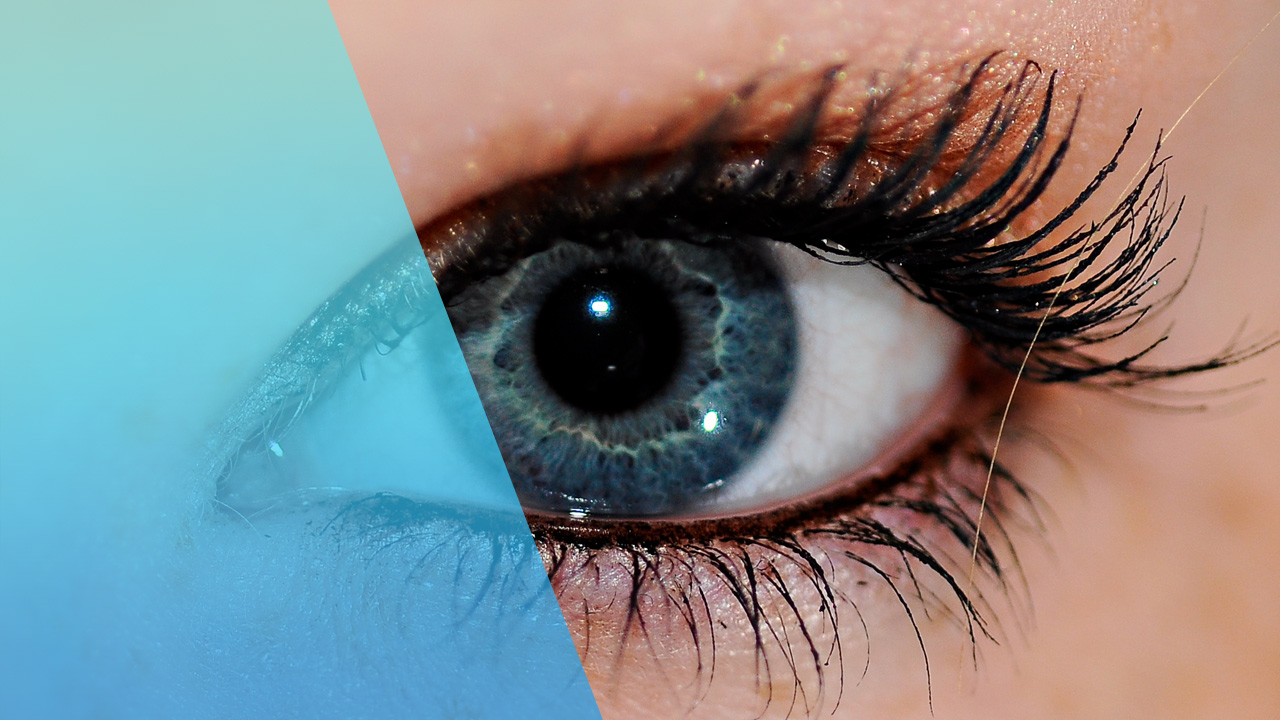Retinitis pigmentosa does not have a curative treatment. Patients are recommended to follow a series of general measures such as protecting the eyes from intense sunlight, following a balanced diet, with an adequate supply of vitamins, and periodic medical monitoring, making revisions every so often as deemed necessary.
Although there is increasing knowledge of the genetic alterations and mechanisms that cause retinitis pigmentosa, a treatment capable of effectively stopping the degeneration of the retina or recovering lost vision has not yet been found.
Some rare forms of retinitis pigmentosa, which are associated with multi-organ involvement, are due to specific nutritional deficiencies and may respond to diet modification or vitamin supplementation.
The administration of high doses of vitamin A supplements may improve the response of photoreceptors (cones) in the electroretinogram, but it has not been shown to delay vision loss. In fact, it is not advisable to administer high doses of vitamin A in patients with retinitis pigmentosa, unless they present abetalipoproteinemia (Abetalipoproteinemia is a rare disease that affects the digestive tract and is characterized by the inability of the body to absorb properly the fats of the food through the intestine). It is also not advisable to administer vitamin E supplements, except for patients with retinitis pigmentosa associated with deficiency of this vitamin.
The long-term efficacy of certain substances such as docosahexaenoic acid (an omega-3 fatty acid) for the treatment of retinitis pigmentosa is not clearly demonstrated. Patients with retinitis pigmentosa are advised to consume a diet rich in these fatty acids, however, there is no evidence to suggest that patients have to consume docosahexaenoic acid supplements.
Finally, indicate that other possible treatments for retinitis pigmentosa are currently being investigated, such as gene therapy, which aims to correct the mutations of the defective cells and replace the gene or genes altered by other healthy ones, the cell transplant of the retina or electronic retinal prostheses (many work groups are investigating the development of electronic devices that interact with the healthy parts of the visual system).
Learn more about your health and well-being at Pharmamedic.







